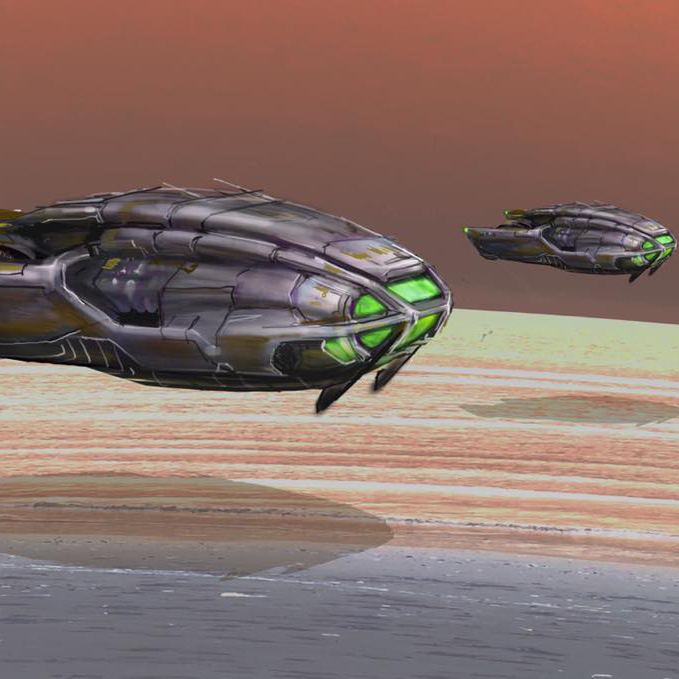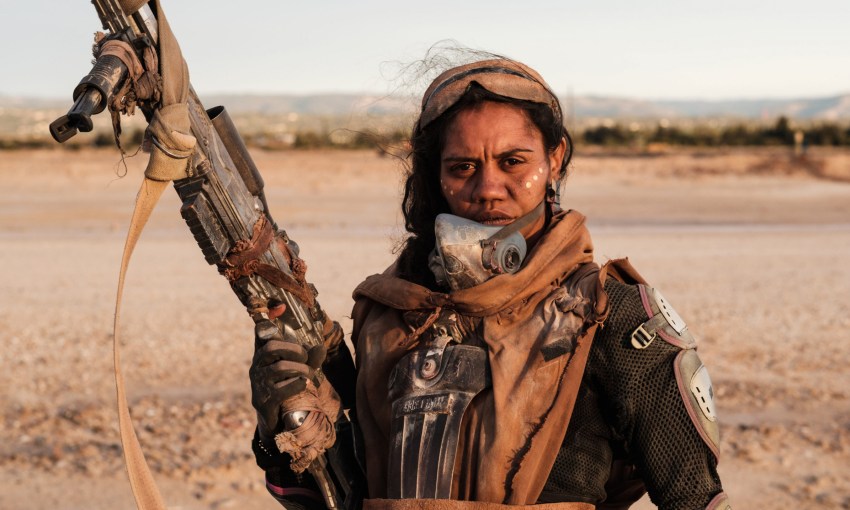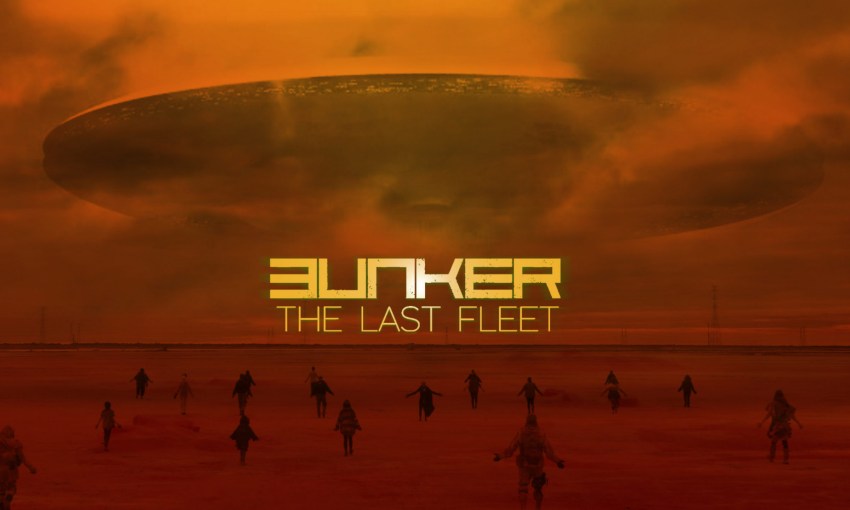When Natasha Wanganeen isn’t organising Black Lives Matter protests, she’s an award-winning actor. She speaks to CityMag about starring in a new sci-fi series set in 2057 and establishing the state’s first Indigenous-owned production company.
‘Bunker: The Last Fleet’ imagines a dystopian Australian future through an Indigenous lens
Natasha Wanganeen, an actor and Ngarrindjeri, Narungga, Kaurna and Noongar woman, is a big ’80s buff.
She tells CityMag she loves anything to do with science fiction, aliens and travelling back in time. Similarly, the reason she became an actor is to carry the cultural traditions of Aboriginal people further into the future.
“As an Aboriginal woman, our people are the oldest storytellers in the world, and I want to carry that on for future generations, using what platforms we have,” she says.
Natasha made her acting debut at 15 when she played dormitory boss Nina in Australian drama film Rabbit Proof Fence (2015) but lately the South Australian-based actor is leaning towards more experimental roles.
Bunker: The Last Fleet will begin filming early next year.
Rowan Pullen and Stephen Potter are also co-writers, co-producers and co-directors. Keep an eye on the project’s socials for updates.
Her recent work includes co-writing, producing and starring in a new web series titled Bunker: The Last Fleet. Natasha plays Tjarra, an Aboriginal warrior surviving in an apocalyptic Australia set 37 years in the future in which aliens harvest human organs.
In the trailer, Tjarra is decked out with blasters and steampunk armour, and traverses the vast outback while cyber hacker Reo (Roy Phung) guides her via a headset from within an abandoned military bunker.
“It follows two characters, Reo and Tjarra, who have both found friendship with each other and survival,” Natasha says.
“They’re a team, and what Tjarra’s character is doing is trying to find her people ultimately, trying to find any other survivors, any of her family.”
Natasha says the series takes inspiration from Afrofuturism, which is an artistic genre that places Black – traditionally African – voices at the centre of its narrative and is often filled with art, science and technology envisioned through a Black perspective.
It’s a movement rooted in American culture; iconic jazz musician Sun Ra played with Afrocentric space themes in his experimental music and in the ’70s film Space Is The Place. The genre reached a cultural zenith in 2018 with the Marvel blockbuster Black Panther taking out multiple Oscars (though missing out on Best Picture to Green Book).
The term Afrofuturism was coined 25 years ago by journalist and critic Mark Dery in an essay titled Black to the Future. In the essay, he wrote, “Can a community who whose past has been deliberately rubbed out and whose energies have subsequently been consumed by the search for legible traces of its history, imagine possible futures?”
Natasha says they can.
Bunker’s pilot episode is currently in post-production, and the team are now waiting for additional funding from Screen Australia to shoot the series early next year. The hope is for the show to land on NITV, SBS or the ABC.

Patrol ships concept art by Michael Kumnick. Picture: Supplied
Natasha says she’s attracted to roles Aboriginal Australian actors have been excluded from in the past, “like the scary roles, action roles,” she says.
She’s previously played a ghoul in 2019 horror film Dark Place Anthology and “zombie killer” Josie in the 2017 dystopian flick Cargo.
There is no reason why First Nations actors should not be considered for these roles, she says.
“I play the first Indigenous lead character in a sci-fi series [Bunker],” Natasha explains.
“I’m trying to hit all the things that we haven’t been able to get to. It’s very new and it’s very exciting doing it as an Aboriginal actor.”
Natasha is also writing a script for her own independent film, Battle Of The Ancestors, set 60,000 years ago and featuring Dreamtime stories she grew up with, such as Tiddalick the Frog and Winda the Owl.
Natasha says she has received support from Screen Australia and South Australian Film Corporation for this project, and is in talks with a local production companies and large industry names who want to get the project off the ground.
It will also have a predominantly Indigenous cast.
“Because 60,000 years ago, there was nobody but Indigenous people here,” she says.
“But also because our kids have the highest youth suicide rate in the world. I’d like to give them something to be proud of and to be involved in.”
This is also the reason Natasha wants to establish South Australia’s first Indigenous-owned production company in the next five years. She hopes it will mean First Nations entertainment professionals like her will be able to produce their own work and not compete with “1000 other people or 1000 other stories”.
“They can be in charge of what they write, in charge of the content they put out and the way they put it out, and say what they want to say,” she says.





